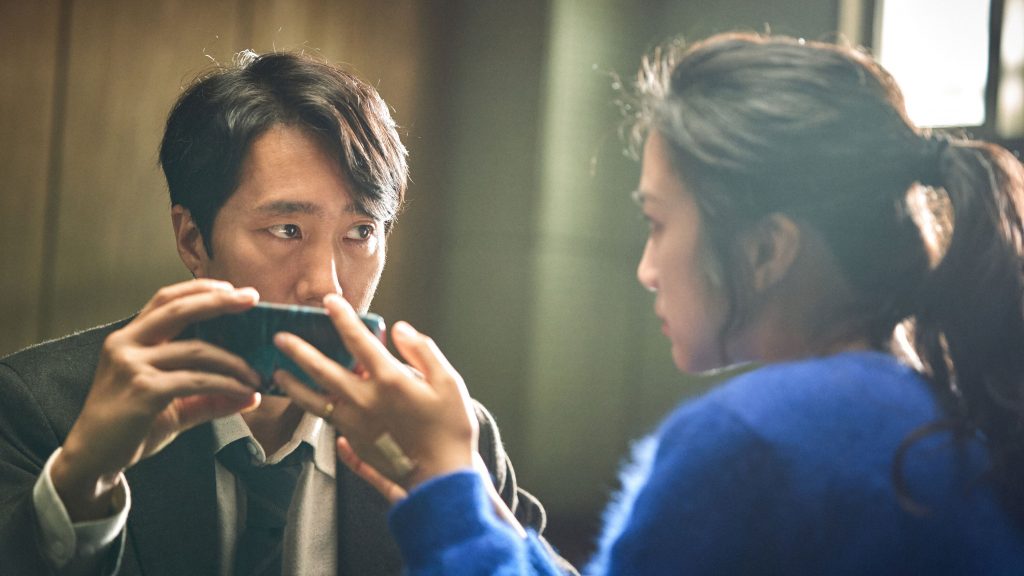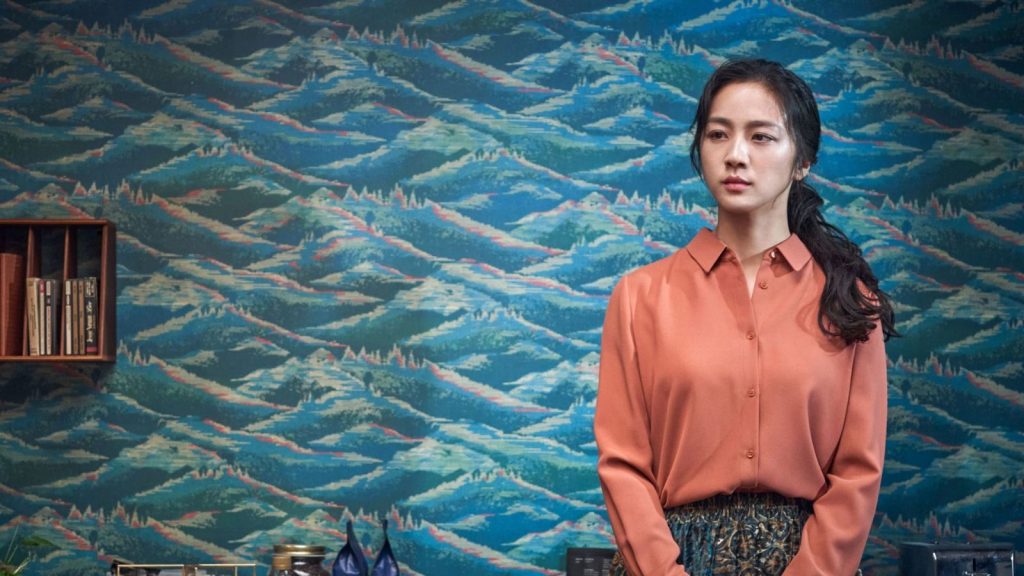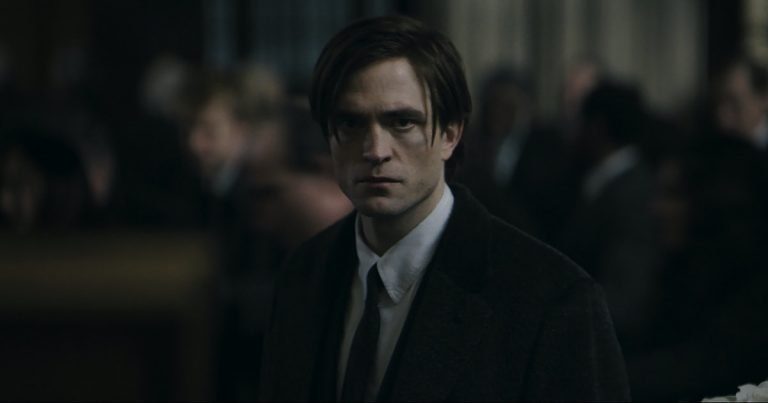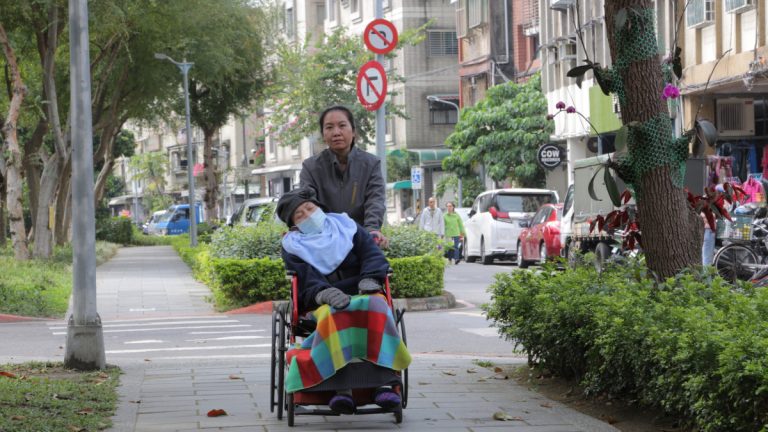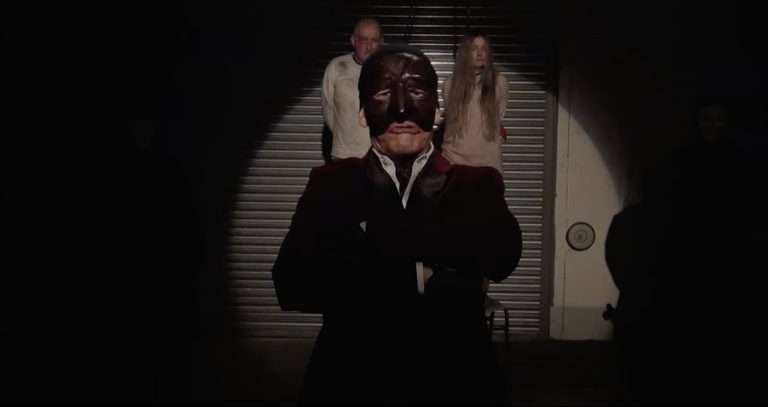Park Chan-wook, the celebrated Korean master behind acclaimed films like Oldboy and The Handmaiden, is back with his new film Decision to Leave (2022). For anyone acquainted with his works, one knows the stylistic flourishes the director masters in – there’s a morbid sense of pleasure at the brutal core of his works. For Decision to Leave, the director takes a squarely different approach- this is an erotic suspense thriller that revolves around a detective case but whose formal interest lies more on the characters than on the revelations. It involves an insomniac detective who gets romantically involved with the victim’s wife. Reasons mislead.
For viewers searching for an easy answer, this can be a frustrating experience. There are no easy answers, but as complex, as the central relationship gets, ‘Decision to Leave’ becomes a dizzying, existential pull to affirm the human condition. It is a whodunit that hides under its crisp, swooningly flirtatious love story. “I wanted to make a film that would tell a love story without saying the words ‘I love you,'” is how Park has described Decision to Leave, which first premiered at Cannes Film Festival earlier this year and deservedly won him the Best Director award. If you have seen the film and wondered past its glorious filmmaking to arrive at that pensive denouement- you know how it pulls its roads away from your grasp.
You are not alone if you went in for a second watch to properly sink into the sea of details that Decision to Leave hides. In the mystery genre, the writers give you the answer to the question. Not to your personal questions, but they answer the question central to the story, and it’s explained to us clearly,” Park has said. “We’re always hungry after that because our own questions are never fully answered.” The following essay dissects the world of Decision to Leave for that answer alone, so if you haven’t watched the film yet- do not go ahead. It contains major spoilers. For the others, speed ahead!
Decision to Leave (2022) Plot Summary and Movie Synopsis
Decision to Leave follows a South Korean detective named Hae-Joon (superbly played by Park Hae-il) falling for this mysterious Chinese woman named Seo-are (a terrific Tang Wei), who is the wife of the Korean man who has died after falling off a cliff. She comes in for the initial investigation, where she doesn’t show grief over the death of her husband- rather hides a small giggle when asked about it. Seo-are also notices that she has a small band-aid on her left hand. What is she hiding? As she is followed further, there are shocking clues in the play of how she is wanted for murder in China and was almost brought into Korea by her husband, who has his initials tattooed on her. Later, Hae-Joon overhears the exchange Seo-Rae has a cat to whom she says, “Bring me the heart of that kind detective.” It leaves a delicious trail between the two, which reveals itself in the smallest of gestures and triumphs in that seductive thrill of getting to know someone’s mind.
Midway, the narrative skips a few months ahead, and then another murder occurs. The same characters return, but now the tables have turned. Seo-Rae operates like a master of what Hae-Joon is capable of and becomes a magnetic force of distraction around his morals. It is also in the blink-and-will-miss territory of attention to detail, where each scene and new exchange hides and enhances a possible clue. The less you know, the better. And if you think that in this digital age of fast-paced answers, a thriller like Decision to Leave cannot sustain its secret… you are in for a treat. Simply wait for Seo-are to say these words in Chinese: “The moment you said you loved me, your love is over. The moment your love ends, my love begins.”
Decision to Leave Ending, Explained
What happens at the seashore?
Decision to Leave is a genre-twisting tale of love and deceit. At its heart, this is a love story sculpted out of the same mold as Alfred Hitchcock’s Vertigo. Decision to Leave can be broken down into three parts if we are to assimilate the breadcrumbs required to complete the test truly. The first part is the investigation part by Hae-Joon about Seo-Rae’s Korean husband, who falls from the hill. He is devastated when he finds out how she orchestrated the entire murder (the step counter on her deceased woman’s mobile shows 138 steps). He has to hide his feelings for her and tries to save her by advising her to get rid of that evidence. At this time, while Hae-Joon is speaking, Seo-are records his voice on her phone: “Don’t speak of our time that way.” she says. “What kind of time was that?” he asks. “The time I spent outside your home each night?” This entire passage marks the end of part one.
Related Article:
Every Park Chan-wook Film Ranked
The second part starts when Hae-Joon meets Seo-rae again after a year at the fish market at Lipo. She’s now with her second husband, Ho-shin (Park Yong-woo), who is a trade analyst. He is found stabbed in his swimming pool, and this time Seo-race is put under temporary arrest with charges. But she hasn’t committed the murder. Even as the confession is recorded of the man named Chul-sung (whose connection to Seo-rae is made in the brief interlude) who facilitated the murder, we know that Seo-Rae hasn’t committed this crime. She calls Hae-Joon at night when it snows and gives him the evidence he had told her to destroy the last crime- the phone.
The third part can be broken into the last act. The next day, Hae-Joon finds out that it is indeed Chul-sung who killed her second husband, but as a consequence of Seo-are killing Chul-sung’s mother. Here comes the twist. Seo-rae is in her car, whose location Hae-Joon tracks. On the way, he calls her to seek answers. Why? he asks. Hae-Joon reveals that she did so because she knew her husband reinvested the mother’s money and lost it. As a result, if she drugs the mother and kills her, Chul-sung will blame Ho-shin and eventually kill him. By the end, Ho-shin also finds out the recording in her phone where Hae-Joon tells her, “I love you.” It is not told in the literal sense of the term but in the fear that Seo-rae will be caught, so she must get rid of the evidence at the soonest. That gesture shows his love for her.
She stops her car on the beach and breaks off the call advising Hae-Joon to throw the phone into the sea. She digs up the sand just as the waves reach and waits inside for the water to fill. Hae-Joon reaches the spot, but by the time he is there, frantically looking out for her, she is too deep inside the water level to be alive. Decision to Leave ends with Hae-Joon listening to his own voice in the recording and still looking out for her. Her decision to kill herself was because she knew the truth would come out, and that would also mean that Hae-Joon would be pulled into the investigation for his attempt to destroy evidence. Who will it benefit? Her disappearance can be the only saving grace.
Decision to Leave (2022) propels its dense storytelling with confidence in the viewer to hold onto the smallest of details. It is near-perfect in its precision but also hides a mysterious reservoir of unexpressed emotions. Ultimately, it all depends on which matters the most for you- and I will leave you with this line from director Park Chan-wook, “I wanted to make a different movie this time. Since it’s a story of people who hide their true emotions, I wanted to make the audience become eager to approach these people, to peek into their minds, curious about what they are thinking.”

